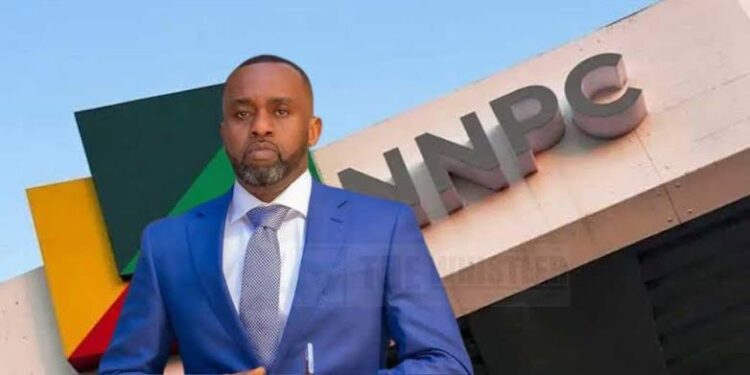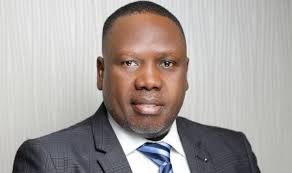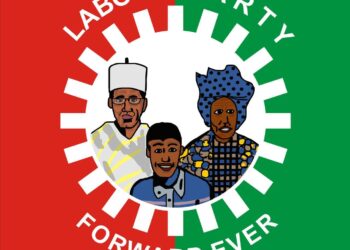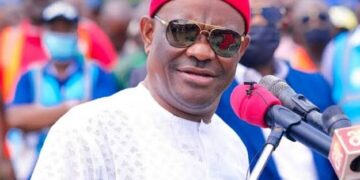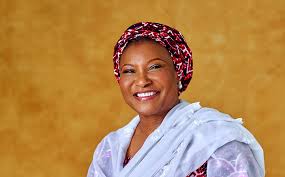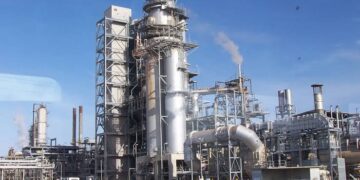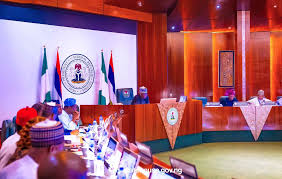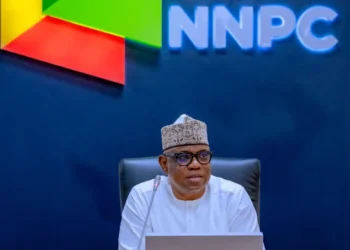The price of Premium Motor Spirit (PMS), commonly known as petrol, witnessed a significant surge in August 2024, climbing from N770.54 per liter in July to N830.46, according to the latest data released by the National Bureau of Statistics (NBS).
This increase represents a substantial rise of 7.78% on a month-to-month basis. The surge comes in the wake of an admission by the Nigerian National Petroleum Corporation (NNPC) Limited, which acknowledged owing approximately $6billion in unpaid subsidy debts. This financial strain has had a ripple effect on the price of petrol across the nation.
On a year-to-year basis, the price of petrol saw an even more increase, rising by 32.51%. A liter of petrol, which was priced at N626.70 in August 2023, soared to N830.46 in August 2024. The sharp increase highlights the growing financial challenges within the oil sector and the escalating cost of fuel, which has already started to impact other aspects of the economy.
This price hike follows revelations from the NNPC that its capacity to supply petrol nationwide has been compromised due to outstanding financial obligations to international oil traders. In response to growing concerns about the sustainability of fuel supply, NNPC issued a public statement acknowledging the financial difficulties it faces.
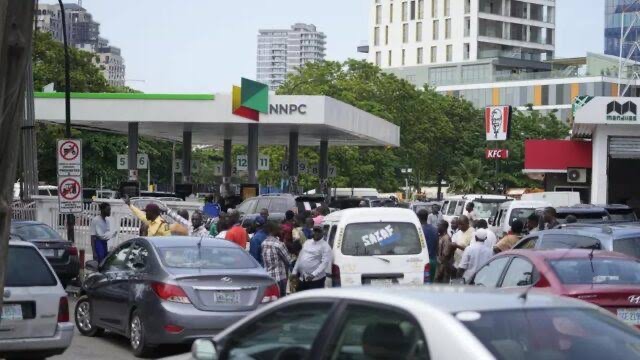
The company’s spokesperson, Olufemi Soneye, stated;
“NNPC Ltd. has acknowledged recent reports in national newspapers regarding the company’s significant debt to petrol suppliers. This financial strain has placed considerable pressure on the Company and poses a threat to the sustainability of fuel supply.”
As a result of this announcement and the ensuing challenges, fuel scarcity became widespread in several parts of the country during the month of August. Lagos, Ogun State, and Abuja, among other areas, experienced acute shortages, and in some locations, the price of fuel spiked to over N1,000 per liter, exacerbating the situation for consumers.
Journalists reported that several NNPC filling stations responded to the fuel crisis by adjusting their petrol prices. In some locations, prices ranged from the official N612 per liter to as high as N850 and N890, depending on the region. This adjustment contributed further to the already substantial increase in petrol prices across the country, and consumers in certain states bore the brunt of the surge.
Data provided by NBS revealed that August 2024 saw the highest increase in petrol prices in decades. States such as Gombe and Bauchi recorded particularly high prices, with Gombe selling petrol at an average of N935.71 and Bauchi at N925.00 per liter. These figures underscore the severity of the price escalation in specific regions.
A closer analysis of the NBS data provides further insights into the price increases. The average retail price paid by consumers for petrol in August 2024 stood at N830.46, reflecting a 32.51% increase compared to the N626.70 recorded in the same month the previous year. When compared to July 2024, when the price was N770.54, petrol prices experienced a month-on-month rise of 7.78%.
On a state-by-state basis, Benue State reported the highest average retail price for petrol at N941.24, followed closely by Bauchi and Gombe States, with average prices of N935.71 and N925.00, respectively.
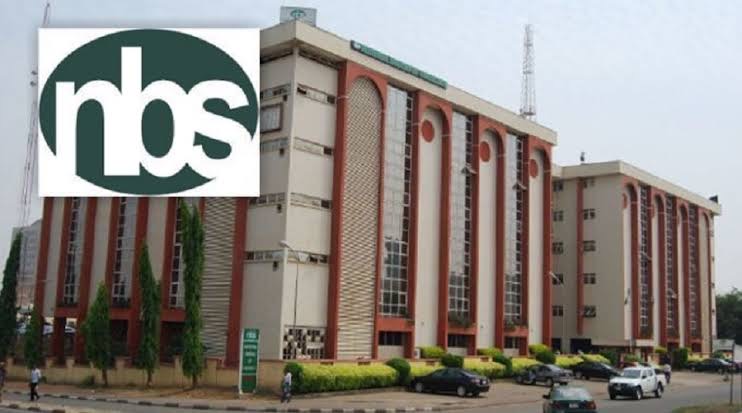
On the other hand, some states recorded significantly lower average prices, with Delta, Cross River, and Edo States having the lowest averages. Delta State, for example, recorded an average price of N667.50, Cross River had an average price of N672.00, and Edo’s price stood at N676.25.
Further analysis by geographical zone shows that the North-East Zone of Nigeria had the highest average retail price for petrol at N908.21, while the South-South Zone recorded the lowest average retail price at N677.11. This disparity in regional pricing reflects the varying levels of fuel scarcity and transportation challenges across different parts of the country.
The sharp rise in petrol prices has far-reaching implications for both consumers and businesses in Nigeria. As the cost of fuel continues to rise, transportation expenses are expected to follow suit. This will likely lead to an increase in the prices of goods, particularly food items and other essential commodities.
With higher transportation costs passed on to consumers, the inflation rate is projected to rise further in the coming months, particularly in September, as the effects of the price increase ripple through the economy.
Road transportation remains the backbone of Nigeria’s economy, making the rising cost of petrol particularly concerning. Households and businesses are likely to feel the additional financial pressure as petrol prices escalate, exacerbating an already challenging economic environment marked by inflation and reduced purchasing power.
There is, however, a glimmer of hope for some relief in the ongoing fuel crisis. The NNPC recently began offtaking petrol from the Dangote Refinery, raising the possibility of alleviating fuel shortages in the future. While this development is a positive step toward stabilizing supply, there are no immediate signs that the move will lead to a reduction in petrol prices.
Industry experts are divided on whether the Dangote Refinery will have a meaningful impact on fuel prices in the short or long term. Some believe that the refinery’s operations will eventually help ease fuel scarcity and stabilize prices, while others are more skeptical, suggesting that high fuel prices may persist for the foreseeable future.
In the meantime, consumers will have to brace themselves for continued high costs, and businesses may need to adjust their strategies to cope with the rising expenses in the fuel market. As the situation evolves, all eyes will be on the NNPC and other key stakeholders in the oil industry to see how they navigate the country through this challenging period of fuel price volatility.


